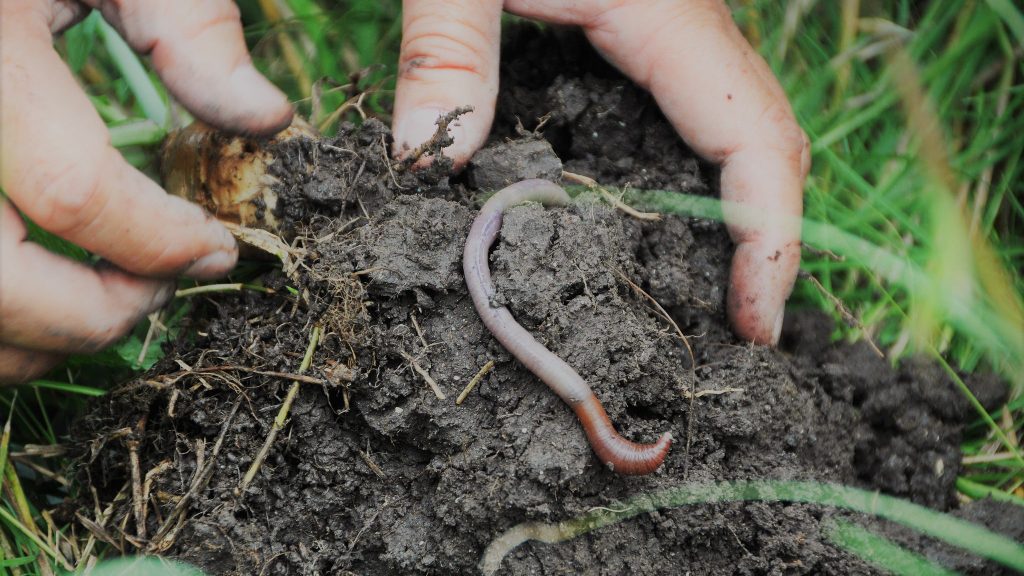
Sustainable agriculture means the production of food from plants or animals using different agricultural techniques that protect communities, the environment, and animal welfare. The extensive use of chemical pesticides and fertilizers to boost crop yields may have resulted in good yields and productivity, but it has caused the efficiency of the soil to deteriorate throughout the world day-by-day. This modern agricultural practice has caused a steep fall in the biodiversity (above and below the ground) associated with cropland ecosystems.
Earthworms are one of the most important soil animals; they have the capability to maintain the fertility of the soil and therefore play a key role in sustainability. They are also known as farmer’s friend, ploughman of the field, intestines of the earth, ecological engineers, and biological indicators. Earthworms are functionally very important and diverse, and therefore potentially useful for the management of biodiversity and ecosystem services.
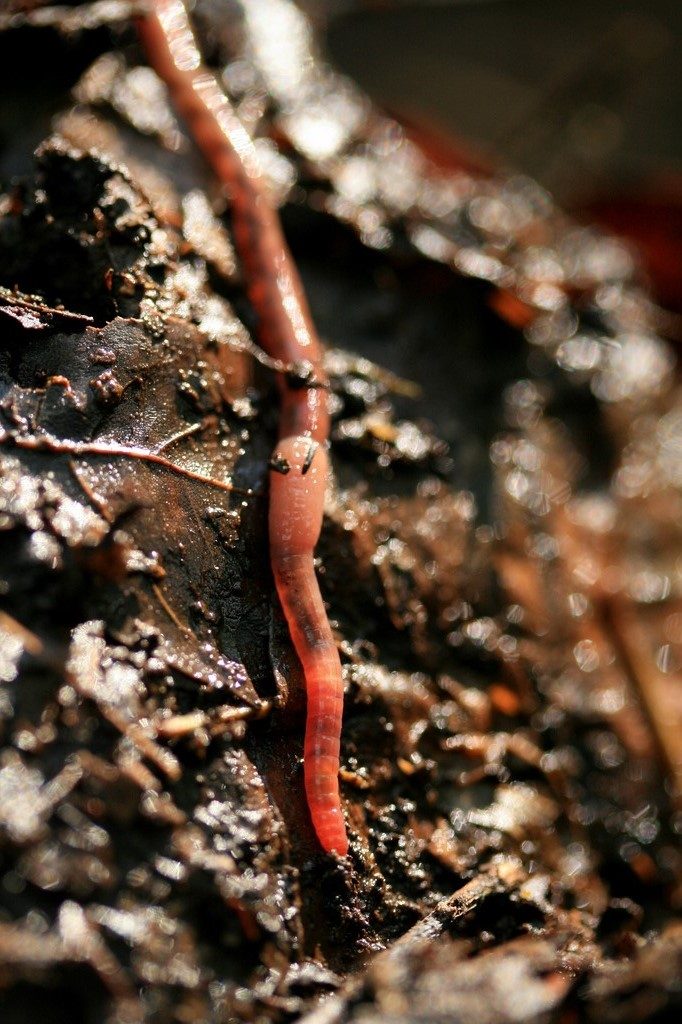
Earthworms maintain the physico-chemical properties of the soil by converting biodegradable materials and organic wastes into nutrient-rich products, emerging from their burrows to deposit the fecal matter (vermicast) on the surface. Earthworms stimulate microbial activity, mix and aggregate the soil, soil water content, and water holding capacity. The mutual action of earthworms and microbes brings faster decomposition as the earthworm’s condition, aerate, fragment, and enhance the surface area of the organic matter for microbial action. They also increase litter decomposition, soil organic matter dynamics, nutrient cycles, promote plant growth, and reduce some soil-borne diseases.
Earthworm burrows act as a channel for plant growth and as pathways for root elongation, especially in compacted zones typically found in deeper soil layers. It makes the soil porous, increasing the water infiltration rate and reducing soil erosion. Some studies even report that earthworms release certain metabolites, such as vitamin B and vitamin D into the soil, which are good for growth of plants. Various studies also report that earthworms are able to convert barren land into fertile land and increase the agriculture output.
Vermicompost and vermiwash produced from various organic material/waste with the help of different earthworm species plays an important role in organic agricultural systems i.e sustainable, eco-friendly farming, nutrient availability, pest protection, soil fertility improvement. This vermicast acts as a buffer; it has a significantly lower volatile solid content and high nitrogen, phosphorus, and potassium content, which is easily available for the plant.
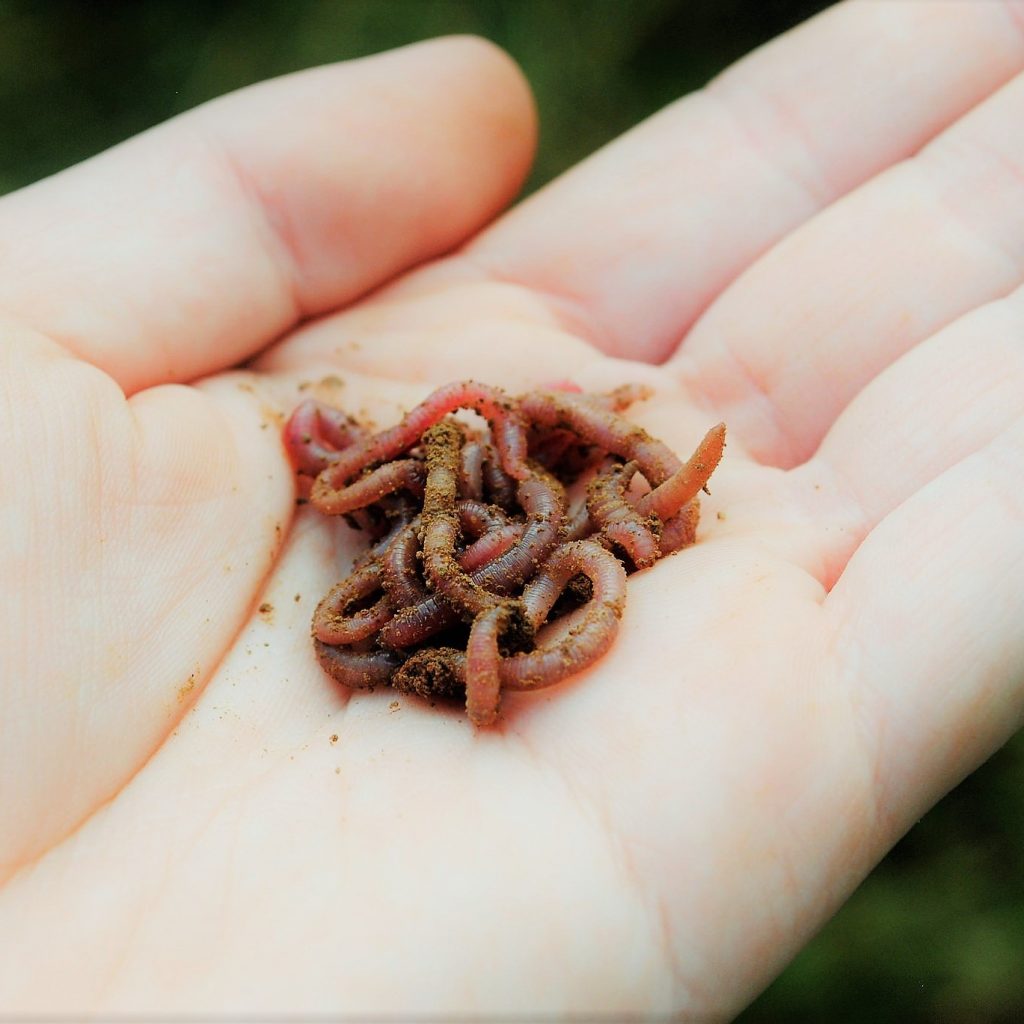
The presence of humic acids and plant growth hormones in vermicast can increase crop yields in both natural and managed ecosystems. The application of vermicompost with chemical fertilizers and integrated nutrient management reduces the use of chemical fertilizers in the field. The use of these organic amendments can improve the growth of plants in a range of ways; number of leaves, seed germination, root biomass, fruit abundance, number of seeds, and overall yield. It also improves the nutritional quality of crops by increasing sugar, oil and protein compounds.
It is vital that these little creatures in the soil are preserved at any cost to ensure they continue to provide their invaluable services to humankind.
Jaswinder Singh is an Associate Professor in the Department of Zoology at Khalsa College Amritsar. He is the author of ‘Role of Earthworm in Sustainable Agriculture’, in Sustainable Food Systems from Agriculture to Industry.
Further reading
8 Comments
Leave a Reply
Related News & Blogs
The role of soil health in sustainable agriculture
Previously, we have discussed the importance of soil health for agriculture, highlighting its threats and outlining protection strategies. In this blog, we dig deeper into the role of soil health in sustainable agriculture and explore its long-term ben…
18 June 2025

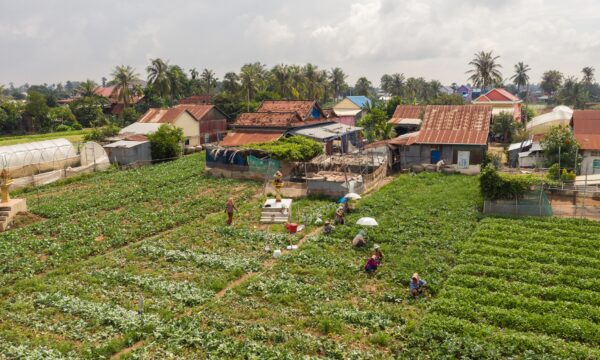


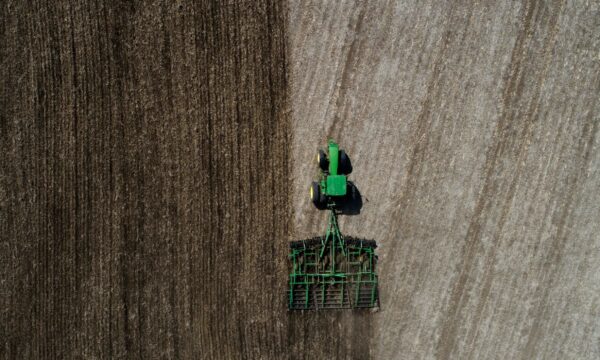
[…] are known as farmers’ best friends because of the multitude of services they provide that improve soil health and consequently plant health. The density of earthworms in […]
[…] The role of earthworms in sustainable agricultureIn “Agriculture” […]
Earthworms provide multitude of services for farmers. Earthworms are great “soil engineers.” As they move through the soil, earthworms loosen and mix it up, helping it to aerate and drain it. This brings nutrients to the surface, making the soil more fertile, and helps prevent flooding and erosion. Earthworm activity in the soil stimulates the bacteria and other microorganisms that live in healthy soil. They really help in farm productivity. That is why they are known as farmer’s best friend.
[…] via The role of earthworms in sustainable agriculture — The Plantwise Blog […]
[…] Kaynak: The role of earthworms in sustainable agriculture – […]
Earthworms provide multitude of services for farmers. Earthworms are great “soil engineers”. As they move through the soil, earthworms loosen and mix it up, helping to aerate and drain it. This brings nutrients to the surface, making the soil more fertile, and helps prevent flooding and erosion. Earthworm activity in the soil stimulates the bacteria and other microorganisms that live in healthy soil. They really help in farm productivity. That is why they are known as farmers best friend.
I wish to be part of the project
Earthworms are one of the most important soil animals; they have the capability to maintain the fertility of the soil and therefore play a key role in sustainability. They are also known as farmer’s friend, ploughman of the field, intestines of the earth, ecological engineers, and biological indicators. Earthworms are functionally very important and diverse, and therefore
Thanks